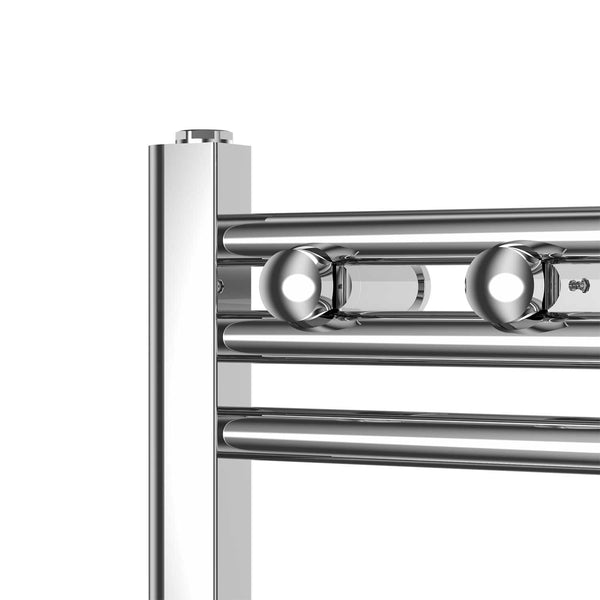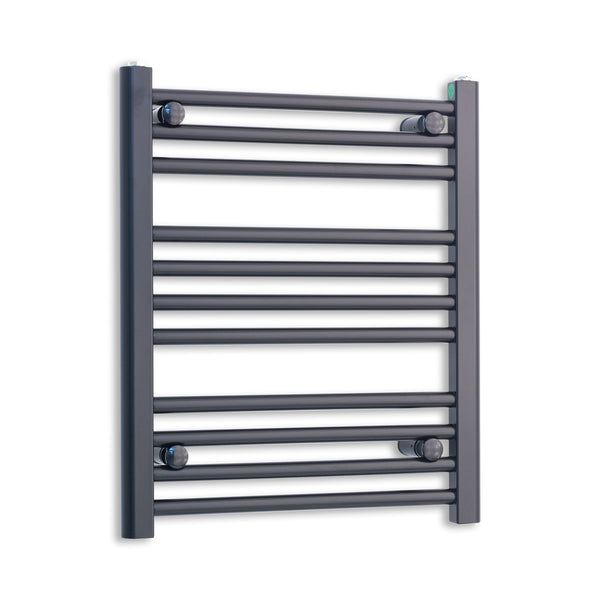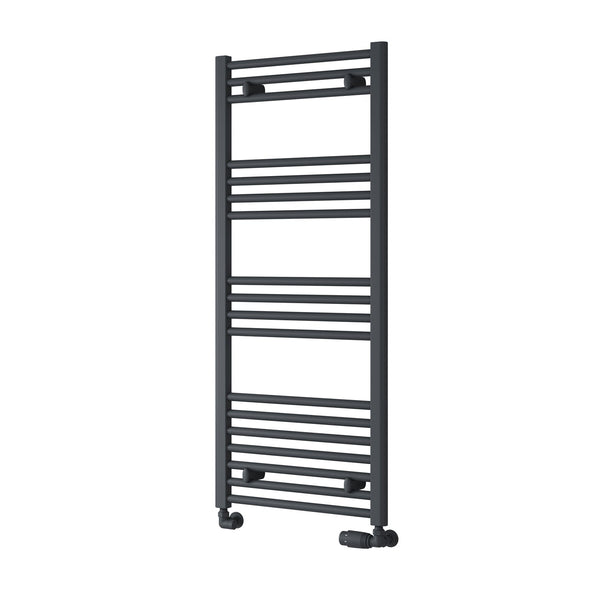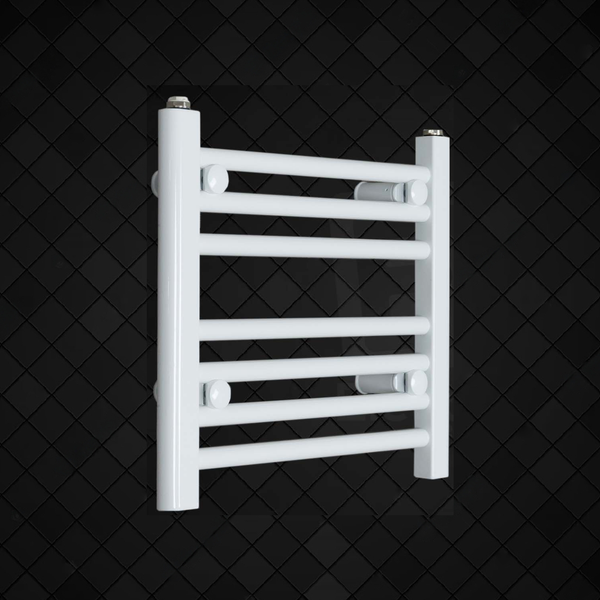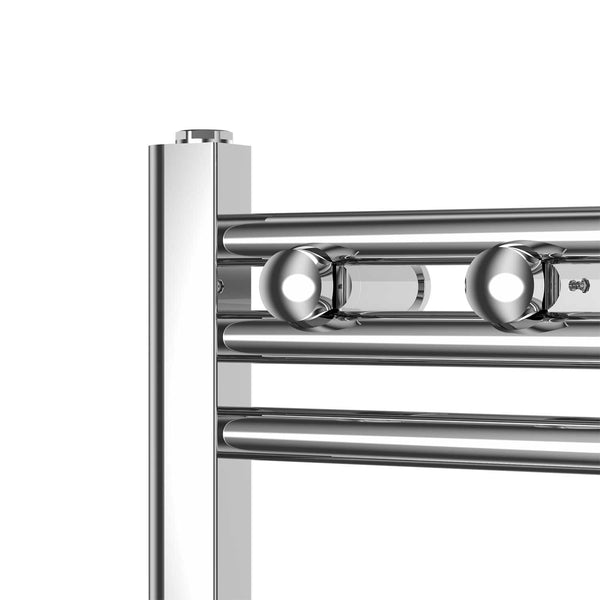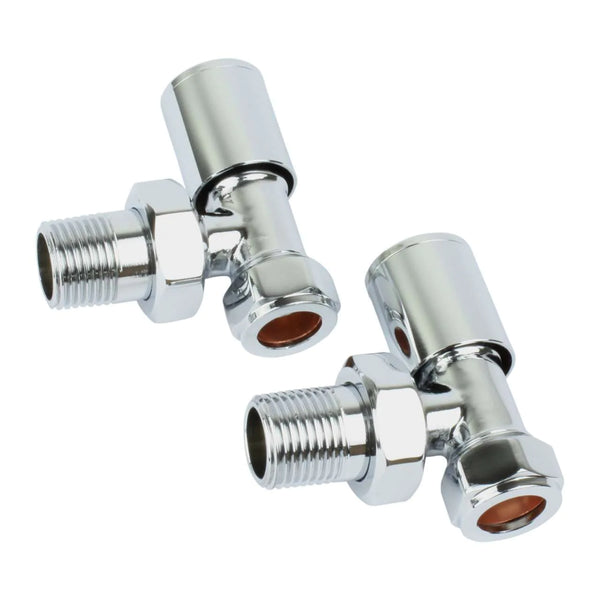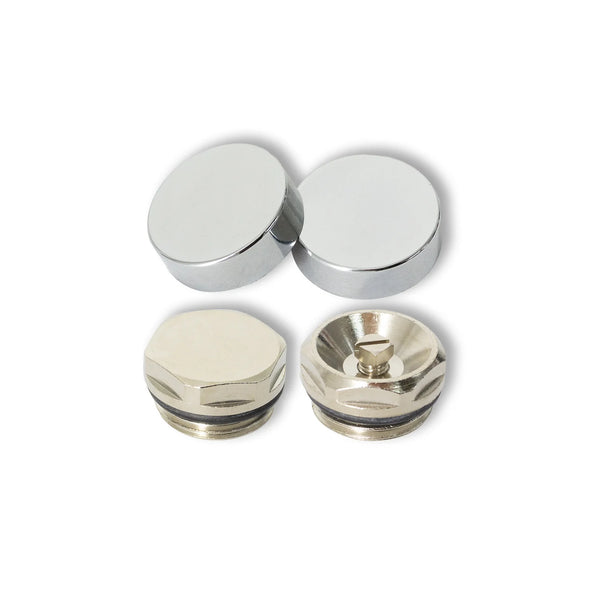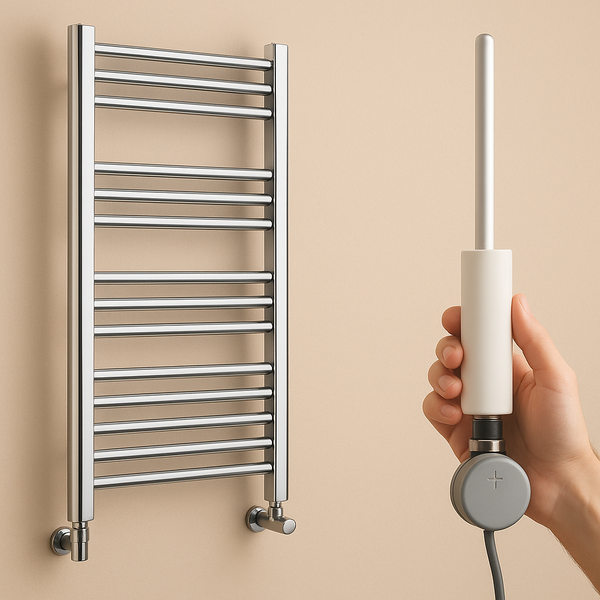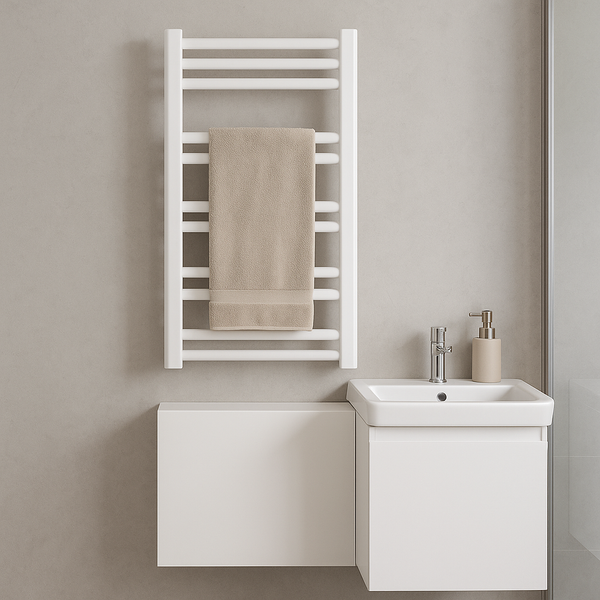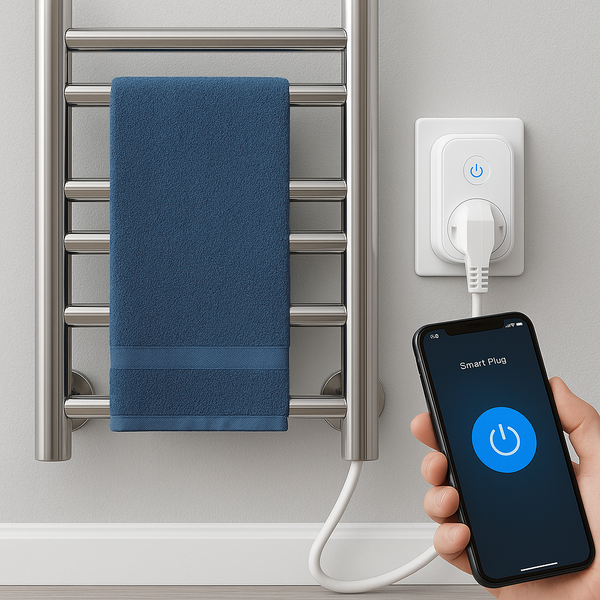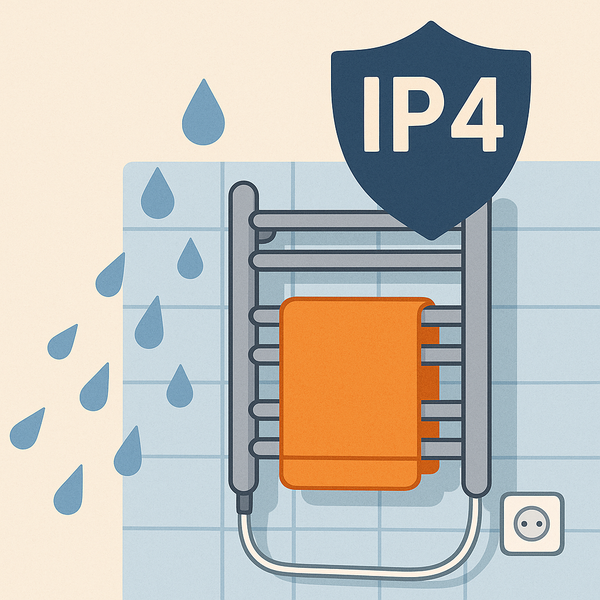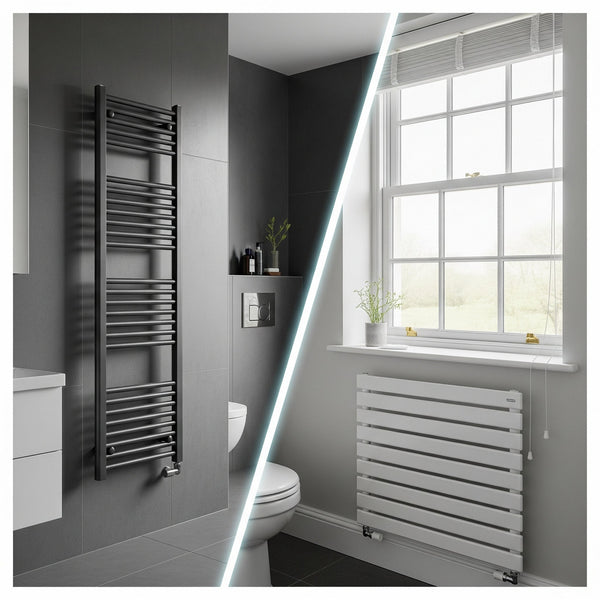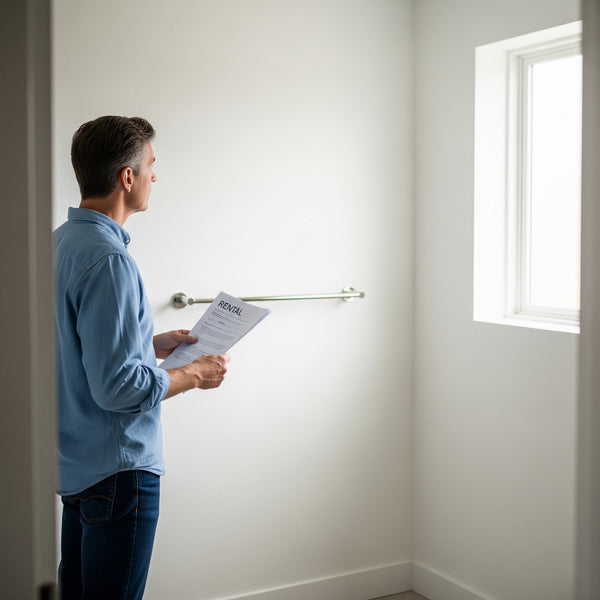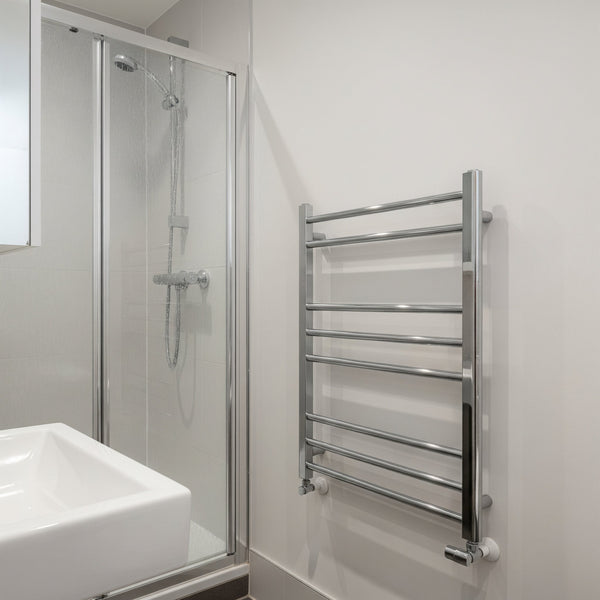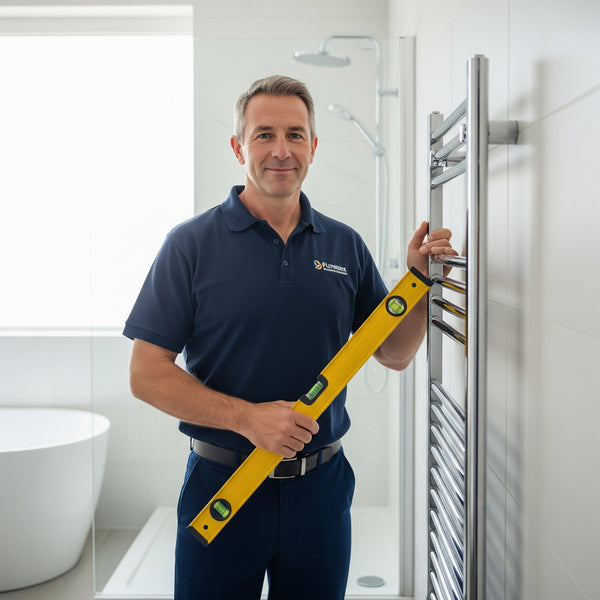How to Find a Good Plumber for Your Towel Rail Installation
You’ve invested in a beautiful new heated towel rail, and you're looking forward to the comfort and style it will bring to your bathroom. The final hurdle is getting it installed. While some DIY enthusiasts might tackle the job, for a guaranteed leak-free, safe, and efficient installation, nothing beats hiring a good, qualified plumber. But with so many options out there, how do you find someone you can trust?

Choosing the right tradesperson is the difference between a seamless, stress-free experience and a potential nightmare of leaks, delays, and poor workmanship. This essential guide from Company Blue will walk you through the proven steps to find, vet, and hire a reputable plumber in the UK, ensuring your new towel rail is fitted perfectly the first time.
Step 1: Where to Look for Reputable Plumbers
Don't just pick the first name that appears in a search engine. Start with trusted sources.
- Personal Recommendations: This is the gold standard. Ask friends, family, neighbours, or colleagues who they have used and trusted for similar jobs. A first-hand recommendation is invaluable.
- Trusted Trader Schemes: Websites like Checkatrade, TrustATrader, and Which? Trusted Traders are excellent resources. They vet their members, check insurance and qualifications, and, most importantly, feature unfiltered reviews from previous customers.
- Local Community Groups: Online community groups (e.g., on Facebook) for your local area can be a good place to ask for recommendations, but always be sure to follow up with your own checks.
- Manufacturer or Retailer Suggestions: As suppliers of quality towel rails, we often have experience with installers. Don't hesitate to ask if we can recommend trusted tradespeople in your area.
Step 2: Checking Credentials – The Non-Negotiable Vetting
Once you have a few names, you need to do some basic checks. A true professional will be happy to provide this information.
- Public Liability Insurance: This is crucial. It covers the cost of any accidental damage to your property during the installation. Ask to see a copy of their insurance certificate. If they don't have it, don't hire them.
- Qualifications: While plumbing in the UK isn't as strictly regulated as gas engineering, look for plumbers who hold formal qualifications like an NVQ or City & Guilds in plumbing and heating. This demonstrates a commitment to their trade.
- Gas Safe Register (If Applicable): A plumber only needs to be on the Gas Safe Register if the job requires them to work on the boiler itself (e.g., draining the entire system might involve the boiler). While not always essential for a simple radiator swap, it's a very strong sign of a highly qualified and responsible professional. You can check their registration number on the official Gas Safe Register website.
Step 3: What to Ask Before You Hire
A short phone call or email conversation can tell you a lot. Prepare a list of smart questions to ask your shortlist of plumbers.
- "Do you have specific experience installing heated towel rails, including dual fuel models?"
- "Can you provide a free, detailed, written quote rather than a verbal estimate?"
- "Is your work guaranteed? If so, for how long?"
- "Are you able to provide references from recent, similar jobs?"
- "What is your availability and how long do you expect the job to take?"
Their willingness and ability to answer these questions clearly is a great indicator of their professionalism.
Step 4: Getting and Comparing Quotes
Always aim to get at least three written quotes from different plumbers. This gives you a clear idea of the fair market rate for the job in your area.
Don't just look at the final price. A good quote should be a detailed, itemised breakdown of costs, including labour, any materials they are supplying, and VAT. Compare the quotes line by line. A vague quote is a red flag. Be wary of any quote that is significantly lower than the others; this can be a sign of corner-cutting or hidden costs later on.
Step 5: Red Flags to Watch Out For
Trust your instincts. If something feels off, it probably is. Be cautious of any tradesperson who:
- Is evasive or unwilling to provide proof of insurance or qualifications.
- Puts you under high pressure to make an immediate decision or "pay cash now for a discount".
- Only provides a verbal quote or a vague, non-itemised price on the back of a business card.
- Asks for the full payment upfront (a reasonable deposit for materials is normal, but never the full amount).
- Has consistently poor or suspicious-looking reviews online.
FAQ: Hiring a Plumber for Your Towel Rail
Here are our answers to some common questions about the hiring process.
What's the difference between a plumber and a heating engineer?
There is a large overlap. A 'plumber' typically deals with all water-related systems like pipes, taps, and drainage. A 'heating engineer' specialises in heating systems, including boilers, radiators, and controls. Most heating engineers are also skilled plumbers. For a towel rail installation, either is suitable, but if the job involves complex work on the boiler, a Gas Safe registered heating engineer is required.
Should I supply the parts or let the plumber?
It's best practice for you to purchase the main items—the towel rail, valves, and heating element—yourself from a trusted retailer like Company Blue. This ensures you get the exact style and quality you want. The plumber will then supply the standard consumable parts like pipe fittings and PTFE tape as part of their service.
Do I need an electrician as well as a plumber for a dual fuel rail?
Yes. This is a crucial point. A plumber is responsible for the 'wet' installation (connecting to the central heating). A qualified electrician is legally required to do the 'electrical' installation (safely wiring the heating element into a fused spur). Some multi-skilled tradespeople may be qualified to do both, but you must check they have the separate, relevant qualifications for each trade.
How much should it cost to install a towel rail?
As of 2025, for a straightforward swap of an existing radiator for a new towel rail, you can typically expect to pay a plumber between £150 - £300 in labour costs, depending on your location and the complexity of the job. Costs will be higher if significant pipework alteration is needed. Always get itemised quotes to be sure.
What should I do if I'm not happy with the work?
First, raise your concerns with the plumber calmly and clearly. A reputable professional will want to put things right and maintain their reputation. Give them a reasonable opportunity to fix the issue. If they are uncooperative, and you used a platform like Checkatrade, you can use their dispute resolution service. This is a key benefit of using a vetted trader scheme.
